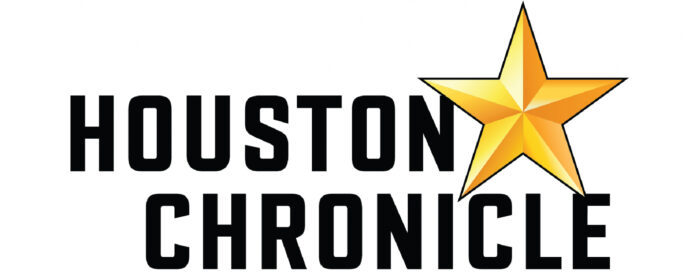There were titles missing on the bookshelves last week as students at Keller ISD returned. Among them: Toni Morrison’s “Bluest Eye,” the Bible and a graphic-novel adaptation of Anne Frank’s diary.
The suburban school district in the Fort Worth area is not the first to be swept up in efforts to review and possibly pull books from library shelves, but the level of meddling there seems to go a step beyond what we’ve seen in some other cases.
The 41 books principals were told to gather up and store somewhere had already been reviewed by the district last year. At the time, the committee recommended some of the titles should stay in student libraries. Then, the school board, with three new conservative members, reversed course just before the start of the new school year. Now, per Texas Tribune reporting, the district has ordered that all 41 titles be reviewed again in light of new board policy.
The district is not alone.
In North East ISD in San Antonio, 431 books were reviewed in recent months and 119 were removed or restricted, according to a Houston Chronicle analysis that surveyed Texas school districts. In Katy ISD, 104 were reviewed and 43 were removed or partially removed, making it one of the most restrictive in the state among districts that responded to the nearly 600 public information requests.
Though these challenges have been branded as a matter of parental rights, the analysis found that the recent removals have been motivated less by parents and more by politicians, and one politician in particular: Rep. Matt Krause, R-Fort Worth, whose district includes parts of Keller ISD, and whose list of objectionable books — roughly 850 titles — featured “LGBTQ+ characters and people of color in main character roles, as well as mentions of racism, the Holocaust, sexual violence, sexuality and abortion,” according to Chronicle reporters Hannah Dellinger and Alejandro Serrano.
By and large, Houston-area districts were not among those most riled up by Krause when it came to actually removing books but a large share of the districts with the most challenges were in the Houston region.
Nearly two-thirds of the reviews, the investigation found, came after Krause “asked districts last fall to check their shelves for books on (the) list he circulated.”
What this much ado about largely nothing has revealed is that many school districts already have existing policies to review books, provide alternatives or even ensure that a concerned parent’s child can’t check out a particular book.
These sorts of conversations are worthwhile and help build trust and transparency between parents and schools.
That++++’s not enough for some parents.
Even though Humble ISD has a review process in place, Kingwood mother Tracy Shannon is trying to get the district to remove what she calls “dirty books,” according to Chronicle reporter David Taylor. “Some of us have started the reconsideration process, which is currently very arduous,” complained Shannon, who said that the process “does not really result in what we want, which is to remove these books completely from these libraries.”
Where, however, do Shannon’s parental rights end and another parent’s rights begin? The existing processes in many districts allow parents to address concerns for their children — not other people’s children.
This is where a challenge turns into an infringement.
While there are certainly books that might warrant a pause or a conversation, parents who want to remove books completely — often critically acclaimed, significant works that touch on crucial issues relevant to the world we all (or mostly all) seem to live in — are at odds with the horizon-expanding goals of education itself.
The actions in Keller ISD suggest even the review process is being circumvented or micromanaged by politics. “We left the room thinking we saved it, we saved this book,” Laney Hawes, a Keller ISD parent and a member of the original group that reviewed the adaptation of Anne Frank’s diary, told the New York Times. “Only for this many months later to come back and be told, ‘No, we don’t like your outcome, so we are now going to re-review every book according to our strict list of requirements.’”
What’s the point of having a thoughtful review of books if politicians can just undercut their decisions later?
Near the end of her diary, before she was arrested and taken to the concentration camps, Frank wrote about the possibility of one day returning to school: “(T)he prospect of going back to school in October is making me too happy to be logical!”
What would the aspiring journalist and writer have thought of a society that goes after so-called “dirty books?”
The start of a new school year should be an exciting, maybe even a little nerve-wracking, time. What happens to that excitement if all the books are handpicked by a politician, if all the edges are rounded by censors, if the chance to discover something new in the school library is reduced to a narrow list of sanitary titles?
Houston Chronicle




